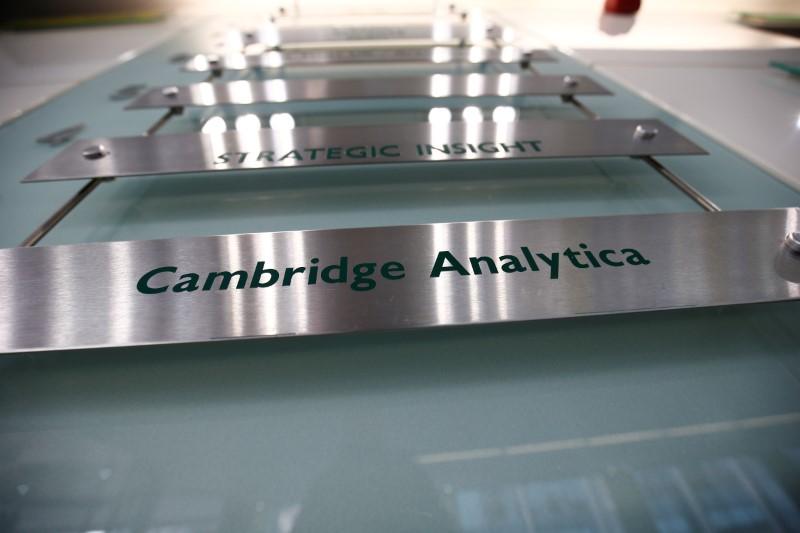A three-year probe by a British data watchdog found no evidence that the controversial digital marketing firm Cambridge Analytica and its associate company SCL colluded with Russia to intervene in any political processes.
The SCL group, which had links to Cambridge Analytica and was dissolved in 2018, had been accused of using illegally harvested personal data to influence the Brexit referendum and the 2016 U.S. presidential election.





